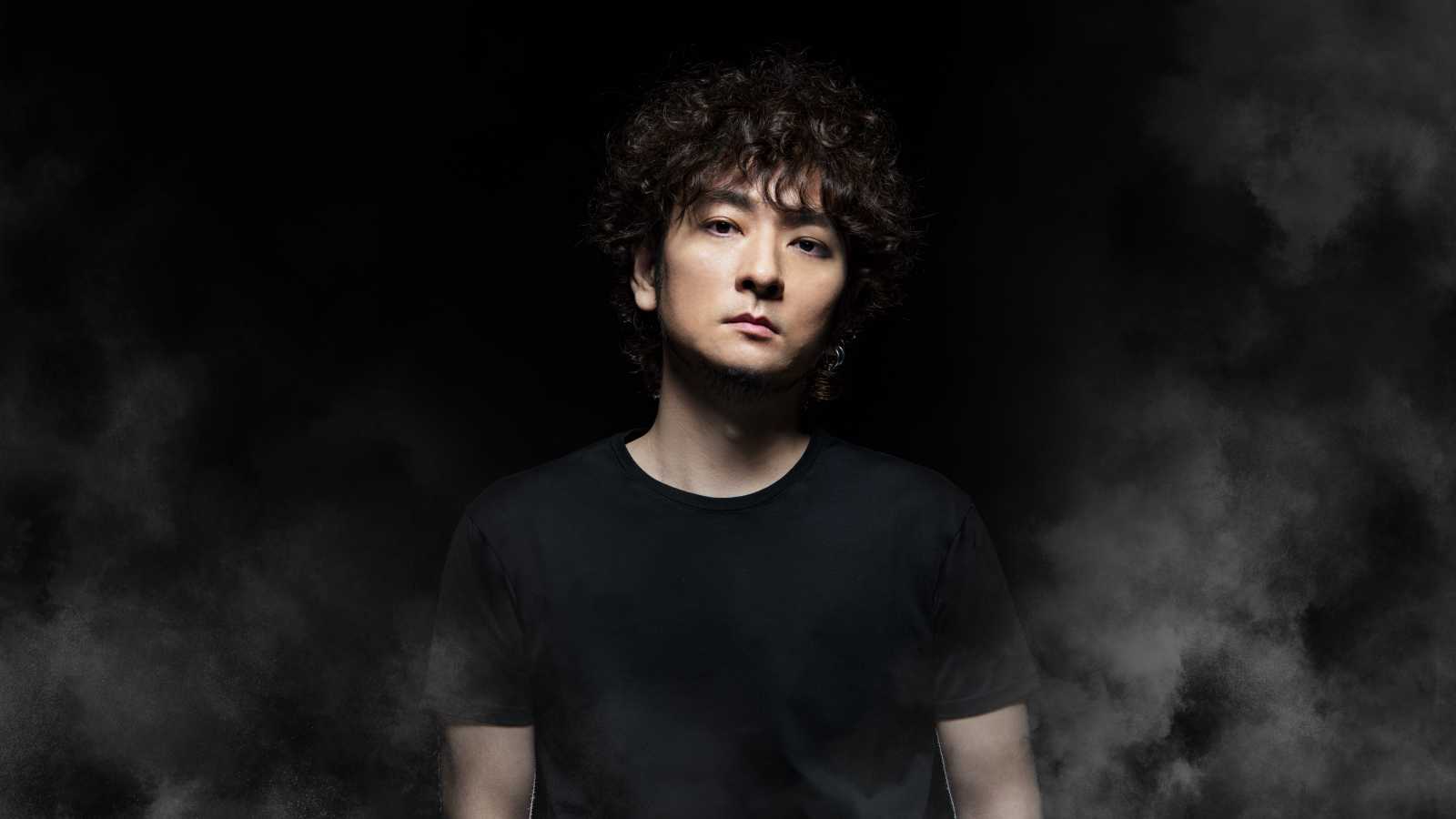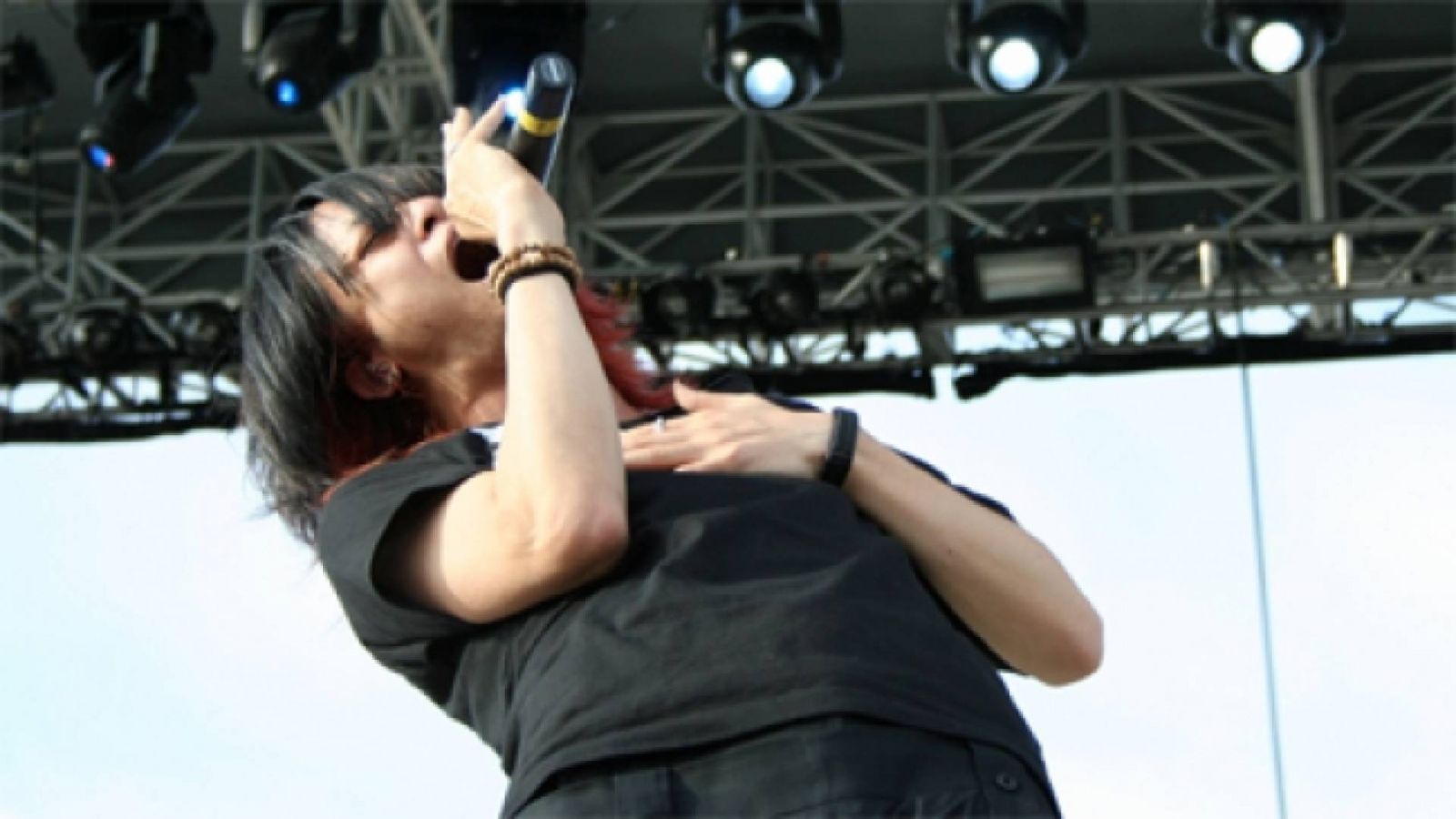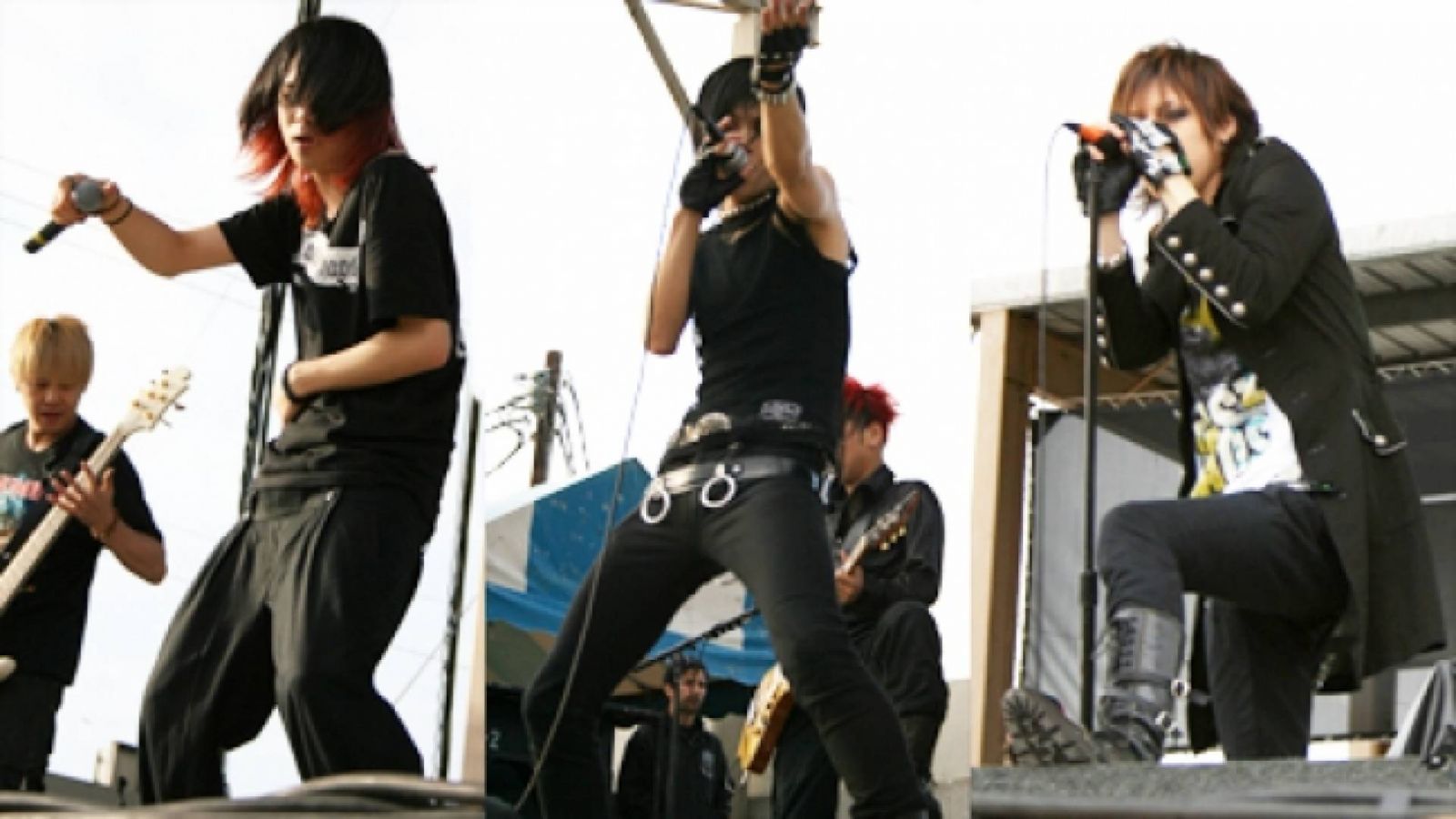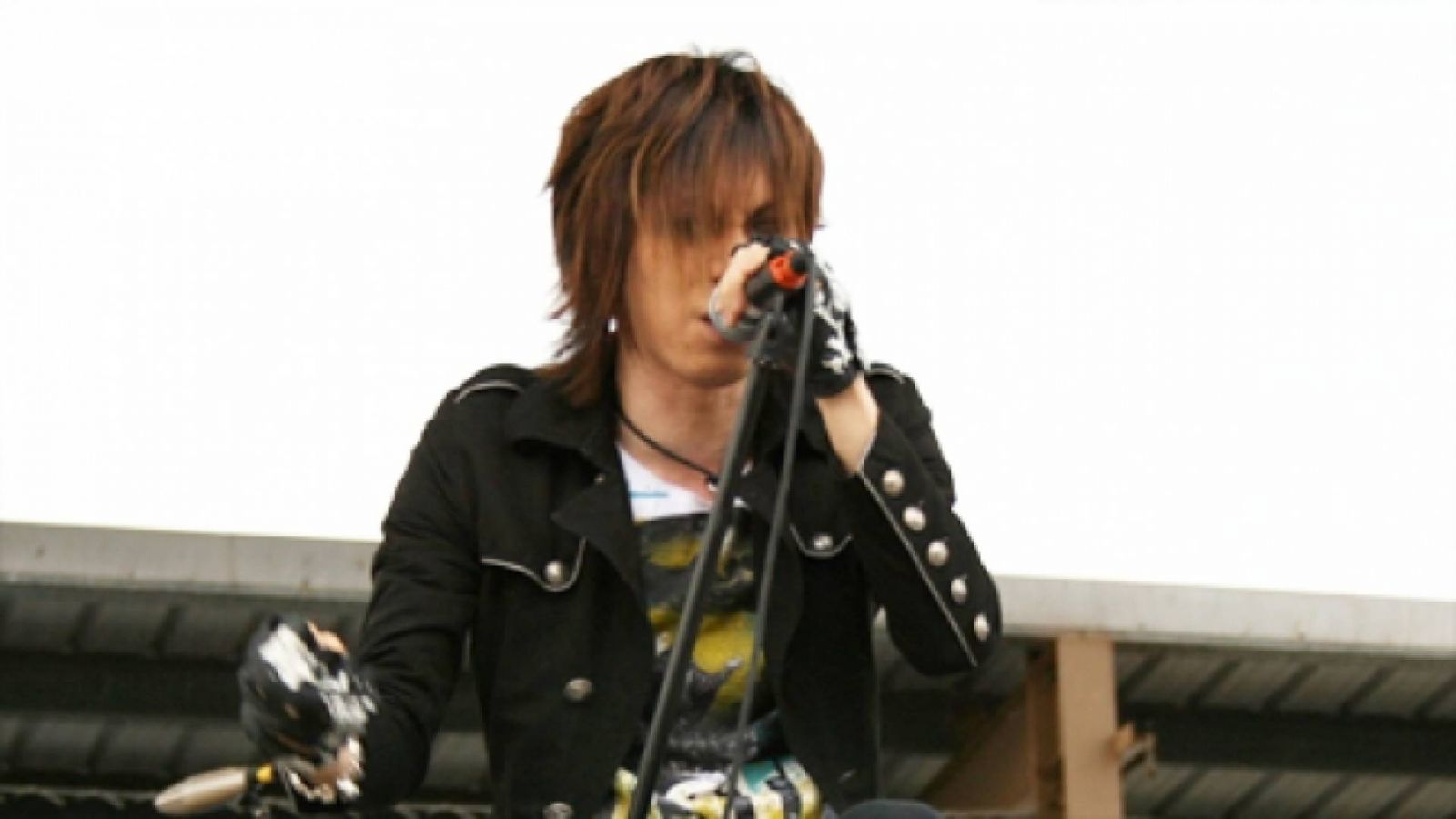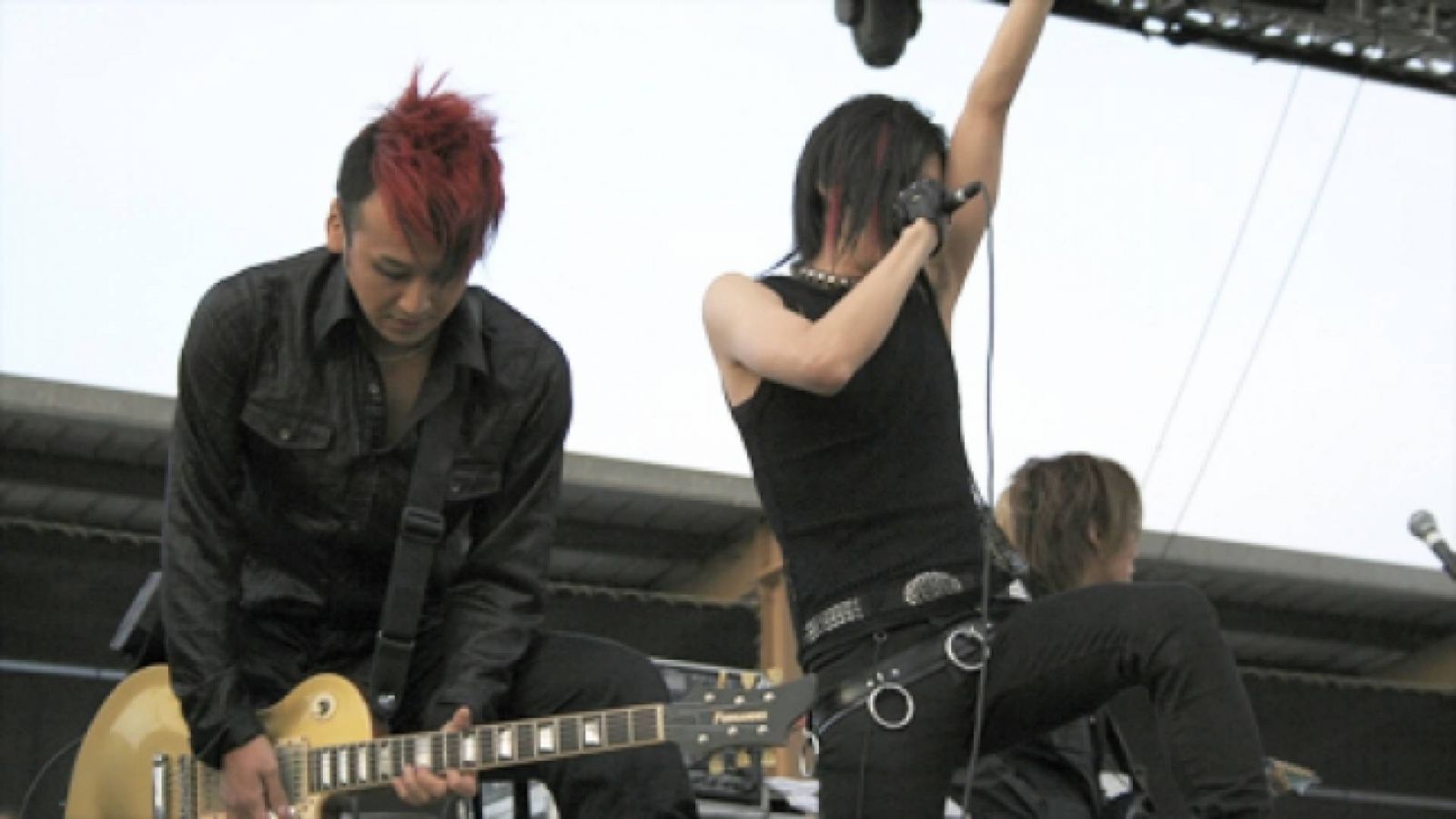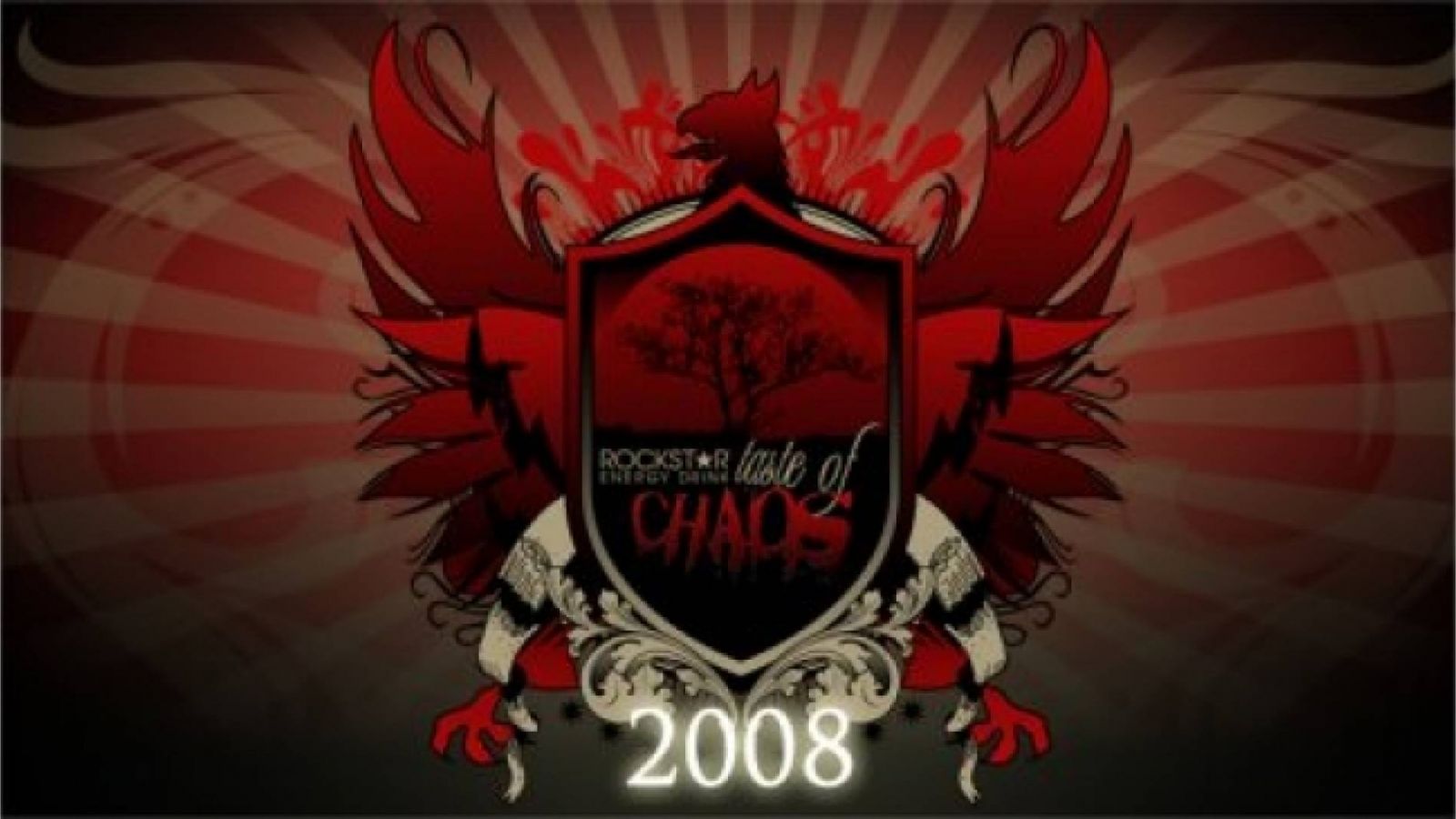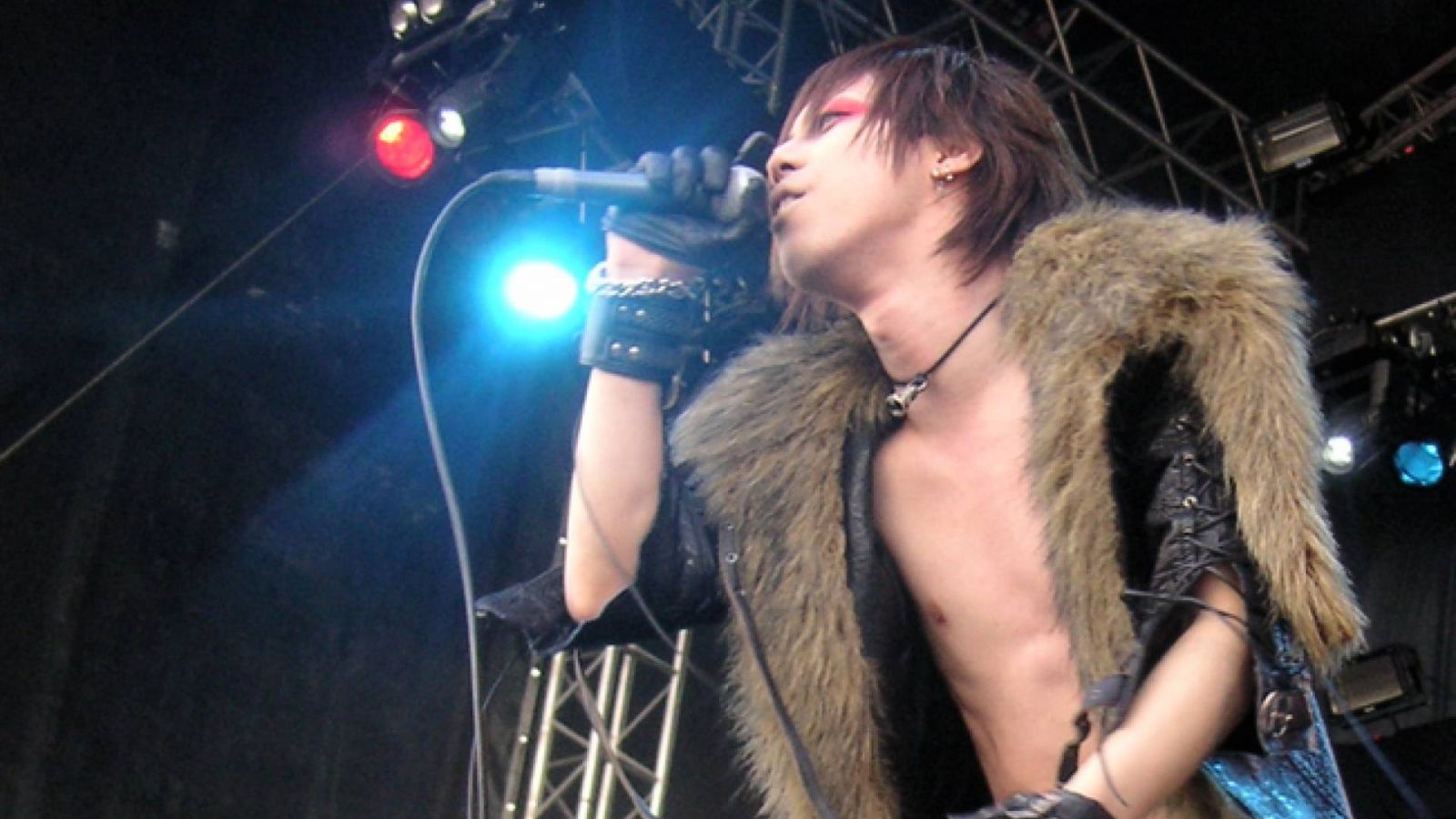MUCC is reborn in their first release of 2008.
After releasing six albums and singles in 2007, MUCC has just finished their countrywide American tour, in the midst of which their new album Shion went on sale. The band has come out with so many things recently, one might wonder if the quality of their work has suffered. But if their new album is anything to go by, the world of MUCC is definitely evolving and progressing in a positive direction.
Already, from the opening instrumental piece Suion, it becomes apparent that this album is going to take risks. After an opening of dripping sounds, the instruments enter to playful splashing noises. Although the song is fairly quiet, it exudes an air of urgency as the tempo speeds up. There’s nothing rock-like or heavy about it; a delightfully creative number, this track aptly demonstrates Miya's boundless talent and imagination.
The next track, Fukuro no yurikago, is the centerpiece of the album. Its power lies in its ability to create a timeless zone "above the worlds," as the lyrics indicate. Opening with the sounds of a sitar and tabla drums and followed by various electronic sounds, this song beautifully mixes the traditional with the futuristic. The soaring chorus creates its own mystical and psychedelic world. While many Japanese bands have included elements from pre-modern Japan, Okinawa, or China, in hopes of mixing an "Asian" sound with their rock music, the inclusion of these Indian elements as an example of traditional Asian culture might be described as revolutionary.
The third track, Nuritsubusunara enji, is notable for its zany and complicated guitar bridge, as well as its very catchy chorus. A fast beat and quick bass lines run throughout the song, giving it great energy. Its coupling of heavy guitar riffs with the lighter racing guitar is a winning ticket. The subsequent track, FUZZ, has been a favorite since its release as a single. It rivals Fukurou no yurikago as the best song on the album. The retro disco influence mingles with a very modern, synthesized sound in a manner that overflows with attitude, and with a beat that will have your skin pulsing along with it.
In contrast, Game is powerfully gloomy until the more pop-influenced chorus emerges. The overall mood of the song is hard to capture, as it progresses from dreary to catchy to poignant with a very anguished guitar bridge. It's a far cry from screaming out the agony in true hardcore fashion, which MUCC has always done so successfully. Yet the bittersweet pain in this song, ambiguous and composed of different phases, is probably better conveyed this way. Game is followed by the album version of the very bouncy and uplifting sixth track, Flight.
The next two songs prove that MUCC is successful both when they take risks and when they play it safe. Anjelier is a pop tune that might be mortifying when the jazzy keyboard playing first comes in, but with FUZZ-like attitude and shock potential, the song is really a treat. Tatsuro took a risk with a number of high notes, but he belted them out beautifully and demonstrated his growth as a vocalist.
Chiisana mado, to counter, opens quietly and slowly with a mournful tone clinging to it. The orchestra-scale wind instruments heighten the emotion in the piece, as does the light but pain-filled guitar in the bridge. Tatsuro's vocals become less restrained toward the song's conclusion, showcasing with abandon MUCC's great capacity for expressing pain. While the band has expanded into all sorts of styles and sounds, it will be reassuring for longtime MUCC fans to hear the evidence that they haven't lost their original power. And with its added orchestral elements, this song must also be considered as an example of YUKKE's growth as a composer.
Following is another hit, Semishigure. With a catchy beat and some interesting melodies, the song's beauty lies in its poignantly bittersweet atmosphere. This mood, especially evident in the guitar riffs, conveys the painful struggle of mortal existence. The next song is not the best on the album, but with some guitar bits that ooze attitude and some very aggressive drumming from Satochi, the title track Shion is impressive for its creation of a mystical atmosphere. This is particularly showcased by Tatsuro’s death voice and his unusual chanting style which echoes in the bridge. These different elements combine to produce a very powerful and mysterious song.
Sorawasure is one of the most gratifying tracks on the album. With its beautiful melody and a stylishly angsty guitar solo from Miya, it's one of those tracks you'll want to put on repeat. The Indian theme returns with the subsequent track's title, Shiva, who is the Hindu god of destruction. As the god responsible for change in the form of death, Shiva is a fitting title for this track, with its central theme of life and death. Despite its morbid references, the song is uplifting and optimistic. Incorporating some interesting synths, this track's encouraging beat and soaring vocals are sure to inspire any listener. The album closes on a strong note with the old favorite, Libra.
Ultimately, Shion is a high quality release with, surprisingly, no weak tracks. The overall style of the album exudes newness and the concept of being "reborn," MUCC's theme from the beginning of 2008. This is also the first MUCC album which has included English translations of the songs in the CD jacket, an indication they haven't forgotten their friends outside of Japan. Critics should definitely take a look at the lyrics, as they explain the musical directions of the songs and further demonstrate the band's great depth and creativity.
![HYDE [INSIDE] LIVE 2024 -EXTRA- at Makuhari Messe](https://www.jame-world.com/media/image/2024-11/_16-9_14951.jpg)

